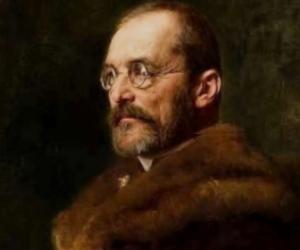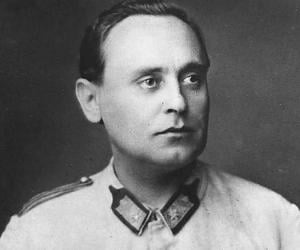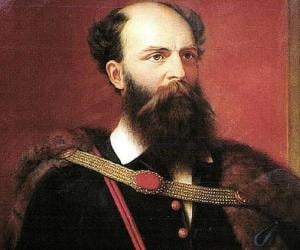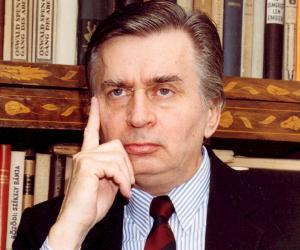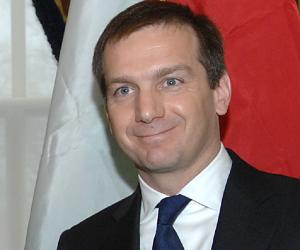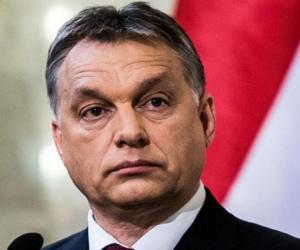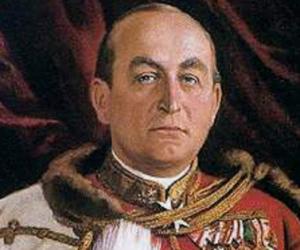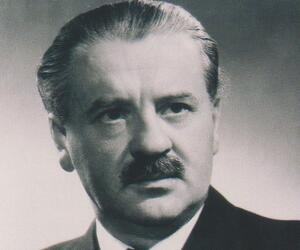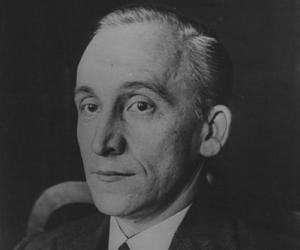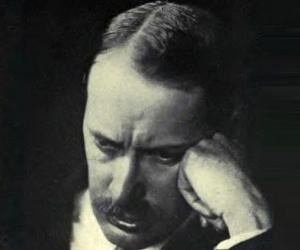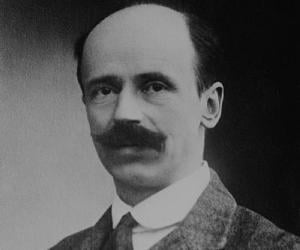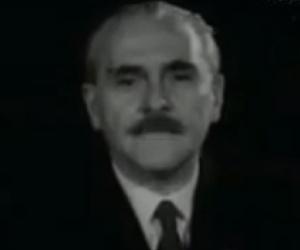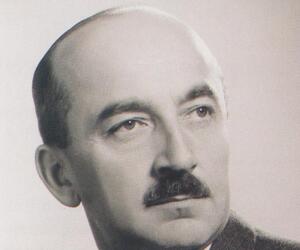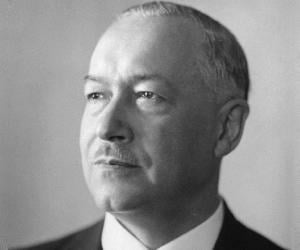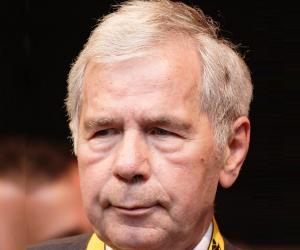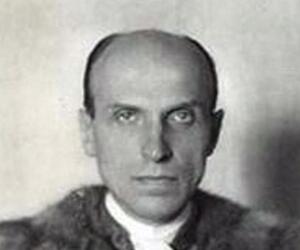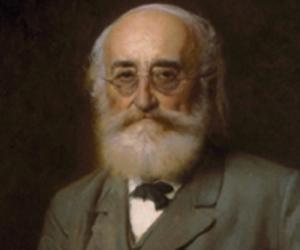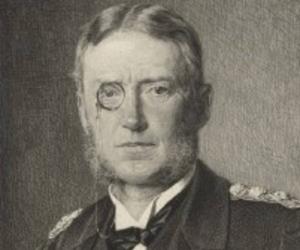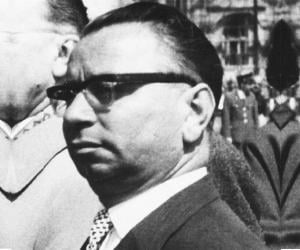1
Lajos Kossuth
(Governor-President of the Kingdom of Hungary (April 1849 - August 1849))
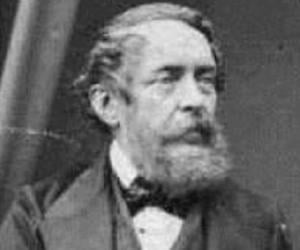
20
3
Birthdate: September 19, 1802
Sun Sign: Virgo
Birthplace: Monok, Hungary
Died: March 20, 1894
Lajos Kossuth was a Hungarian nobleman, lawyer, journalist, politician, statesman, and governor-president of the Kingdom of Hungary during the revolution of 1848–1849. Known for his exceptional oratory skills, Kossuth rose from a humble background to become a prominent figure in Hungarian politics. His powerful speeches garnered admiration worldwide, with notable figures such as Horace Greeley and Daniel Webster recognizing his talent. Kossuth was widely respected as a freedom fighter and advocate for democracy, receiving honors in countries such as Great Britain and the United States.

